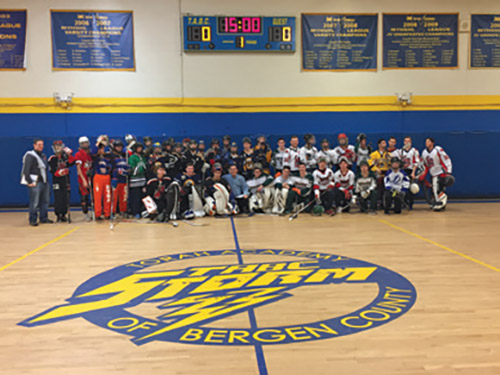
There is something magical about looking at a lit menorah. Gazing at the lights—it’s an ethereal feeling. Indeed, the great Chassidic masters would spend long amounts of time sitting in front of the Chanukah menorah, drinking in its glow. What are they really looking at?
Looking at the Chanukah menorah even has ramifications in Halacha. If someone is away and will not be lighting the menorah, and no one will be lighting for him in his home, then when he sees a menorah that evening he should recite the bracha of “she’asah nissim, who has performed miracles.” What is so unique about the menorah that even someone who doesn’t personally light it can recite a bracha just upon seeing it?
The obligation regarding the menorah is to light a ner—commonly mistranslated as a candle. A ner is really a lantern, which is a vessel that contains oil and a wick. The wick is lit and produces a flame. According to the Maharal, using candles does not fulfill one’s obligation, so they may not be used with a menorah. Only a menorah with cups that contain oil and wicks is valid. (Most poskim don’t rule like the Maharal, and candles which burn for the required amount of time are acceptable.)
The Sfas Emes says that a ner alludes to a person, as the pasuk says “Ner Hashem nishmas adam, the Ner of Hashem is the soul of a person.” Another allusion is found in the Zohar: The gematria of the word ner is 250. A person has 248 limbs and is obligated to use all of his 248 limbs to serve Hashem with love and fear. By adding the components of love and fear, the total equals 250.
The correlation of ner to a human is expressed by Rav Chaim Volozhin, who explains that a person is composed of three components: nefesh, ruach and neshama. Nefesh is the physical body; Ruach is the spirit of life inside the body; and neshamah is the soul of a person. The word ner is spelled with the letters nun and reish, which allude to the first two components of a human, nefesh and ruach. The third element, neshama, is not in the body, but is sourced from the throne of Hashem and extends all the way down to our world.
With this, we understand a new depth in the pasuk “Ner Hashem nishmas adam.” The ner is the body (nefesh) and life force (ruach). The neshama rests above a person, like a flame rests on top of the wick of a lantern (ner).
When looking at the lights of a menorah, one is really seeing the spiritual construct of a person. The menorah light sitting over the cup of oil represents the soul of a person sitting over his body and spirit, which connects him to Hashem.
There is also a relationship between lighting a ner and Torah study. This is expressed in the Gemara, which says that someone who is “ragil b’ner, accustomed to the concept of ner and its relationship to nefesh and ruach” will merit to have children who are Torah scholars. The power of his nefesh and ruach will manifest itself both in his own Torah study and in that of his children.
As we gaze at the lights of the menorah, let us be aware of the greatness that lies within each of us. With every mitzvah we perform, the flame of Torah clings closer to us. In two weeks, my Yeshiva Ner Boruch—PTI will be having its annual dinner. This is the yeshiva’s major yearly fundraiser. Please consider partnering with our yeshiva to help keep the flame of Torah burning and help connect more Jews to the beauty and sweetness of Torah.
If anyone wishes to make a reservation or to contribute to the yeshiva, please go to: www.pti.shulcloud.com. The bottom of the Dinner Reservation screen has a box for “Other contribution.” Thank you and happy Chanukah!
Rabbi Baruch Bodenheim is the associate rosh yeshiva of Passaic Torah Institute (PTI)/Yeshiva Ner Boruch, where he leads a multi-level Gemara learning program. PTI has attracted adult Jews of all ages from all over northern New Jersey for its learning programs. Fees are not charged, but contributions are always welcome. Rabbi Bodenheim can be reached at rbbodie@gmail.com. For more info about PTI and its Torah classes, visit www.pti.shulcloud.com.










